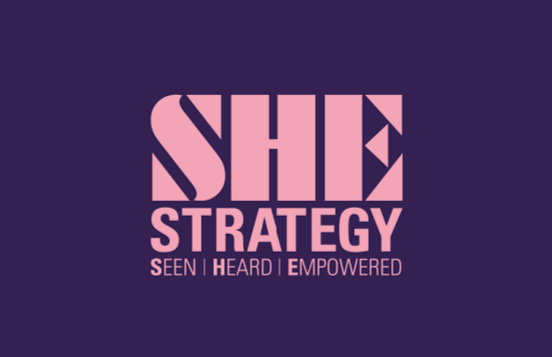In Botswana, the SHE (Seen, Heard, Empowered) program is making significant strides in empowering young women, particularly those from disadvantaged backgrounds, through innovative permaculture initiatives. This approach not only teaches sustainable farming techniques but also fosters self-employment and economic independence, thereby contributing to national goals for women’s empowerment and agricultural development.
A Sustainable Approach to Empowerment
The SHE program recognizes that economic independence is a vital factor in reducing vulnerability to gender-based violence and promoting long-term stability within communities. By focusing on permaculture—a holistic and sustainable farming method—the program equips young women with practical skills that enable them to cultivate their land, grow food sustainably, and create income-generating activities.
Permaculture principles emphasize working with nature rather than against it, encouraging practices that enhance biodiversity, conserve resources, and build resilience in agricultural systems. Through hands-on training, participants learn to implement these techniques, which include organic farming, water conservation, and soil health management. As a result, young women can produce healthy food not only for their families but also for local markets, generating income and contributing to community food security.
Aligning with National Policies
The SHE program aligns closely with Botswana’s national policies aimed at enhancing women’s roles in agriculture. Recognizing the crucial contributions women make to the agricultural sector, the government has been keen to promote initiatives that support female farmers. The SHE program complements these efforts by providing targeted training and resources that empower women to take charge of their agricultural ventures.
By fostering a supportive environment for women in agriculture, the SHE program helps break down barriers that have historically limited women’s access to resources, information, and decision-making opportunities. This alignment with national goals not only enhances the impact of the program but also contributes to the broader agenda of gender equality and economic development in Botswana.
Pathways Out of Poverty
Economic empowerment through the SHE program creates a pathway out of poverty for many young women. As participants gain skills and knowledge in sustainable farming, they become more self-reliant and less dependent on external support. This shift is particularly important in resource-limited communities where traditional employment opportunities may be scarce.
By developing small-scale agricultural enterprises, young women can improve their household incomes, which has a ripple effect on their families and communities. With increased financial stability, participants can invest in education, healthcare, and other essential services, further breaking the cycle of poverty.
Addressing Gender-Based Violence
Empowering women economically is a critical step in reducing vulnerability to gender-based violence. The SHE program not only provides young women with the skills to generate income but also fosters confidence and self-worth. As women become financially independent, they gain greater control over their lives and decisions, reducing their reliance on potentially abusive relationships.
Furthermore, the program promotes community awareness about the importance of supporting women’s rights and recognizing their contributions to society. By creating a culture that values and respects women, the SHE program helps to challenge the societal norms that perpetuate gender-based violence.
The SHE (Seen, Heard, Empowered) program in Botswana exemplifies how innovative approaches like permaculture can empower young women and promote sustainable development. By equipping participants with essential skills in sustainable farming, the program not only supports economic independence but also aligns with national policies aimed at enhancing women’s roles in agriculture. As young women gain practical knowledge and economic stability, they can escape the cycles of poverty and vulnerability, paving the way for a more equitable and sustainable future for themselves and their communities. Through initiatives like SHE, Botswana is taking significant steps toward achieving gender equality and fostering resilient agricultural practices that benefit all.










